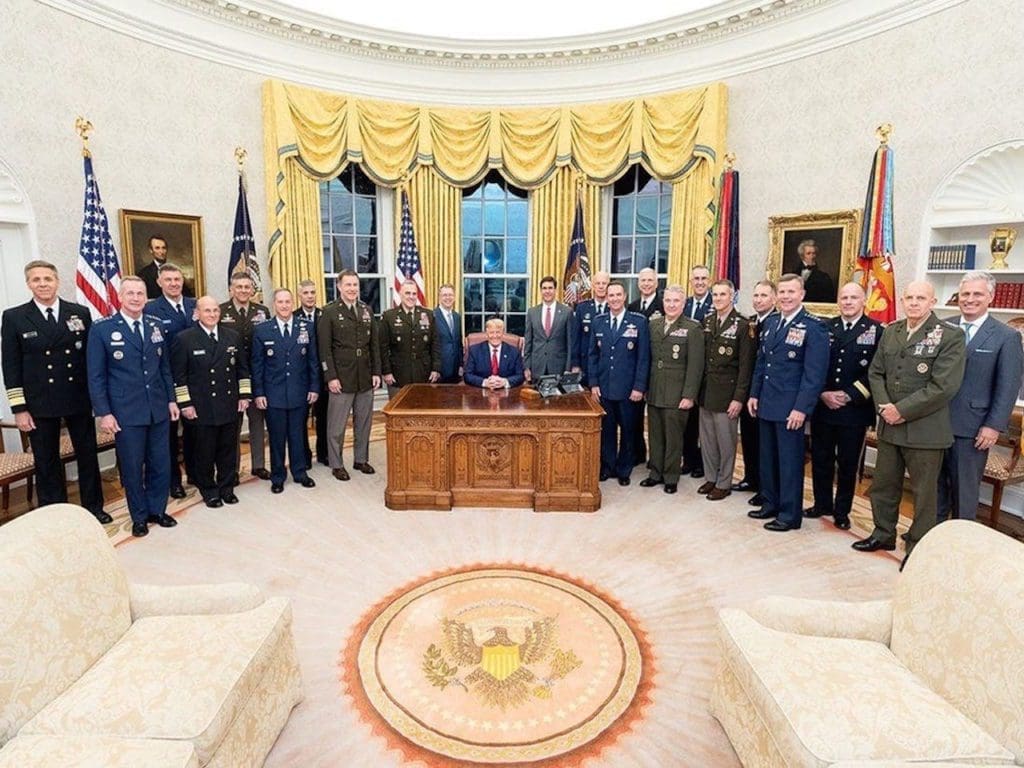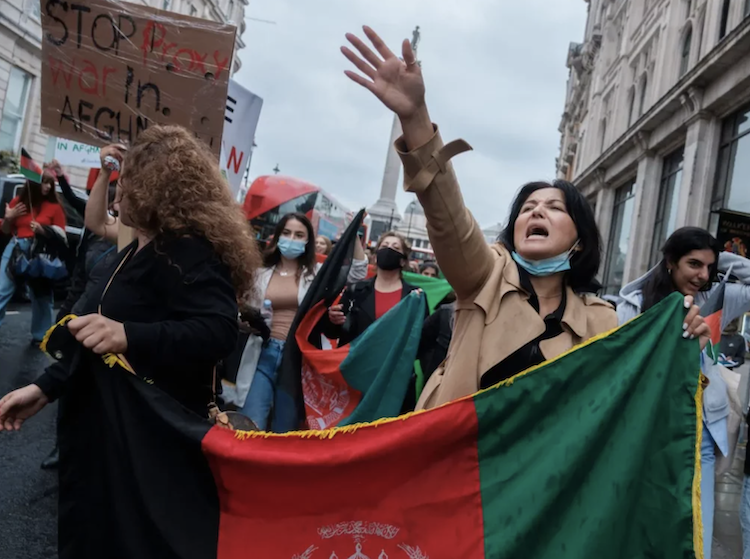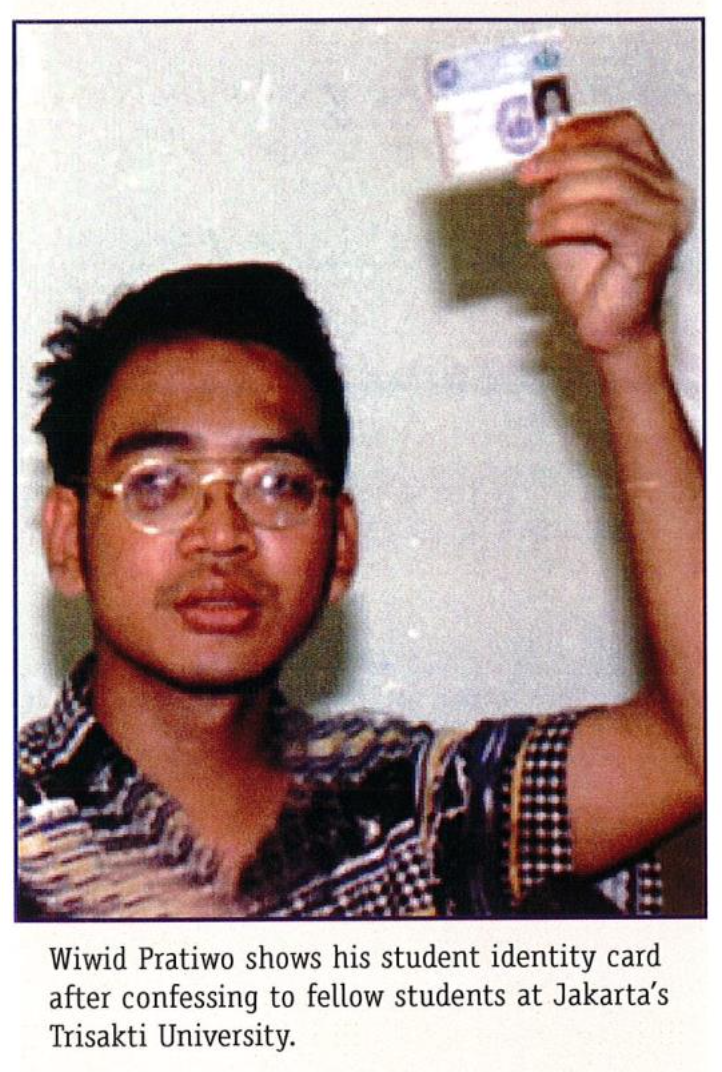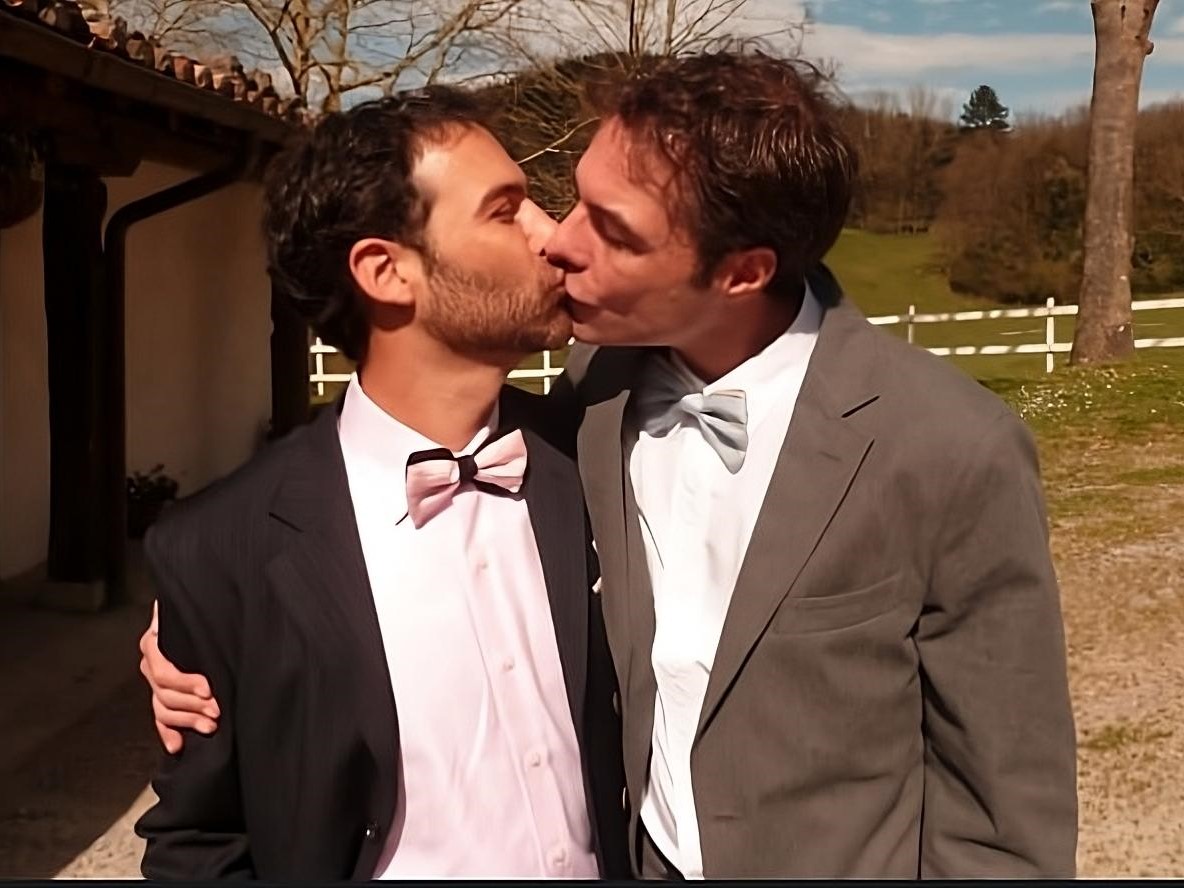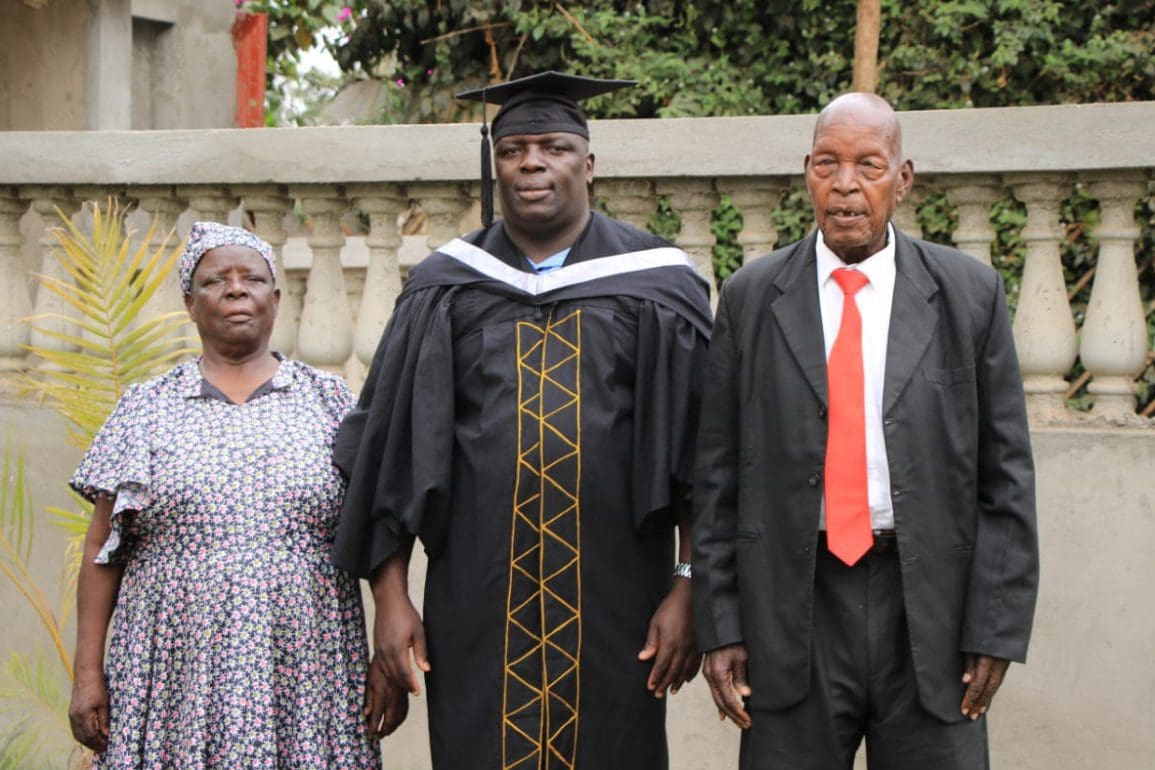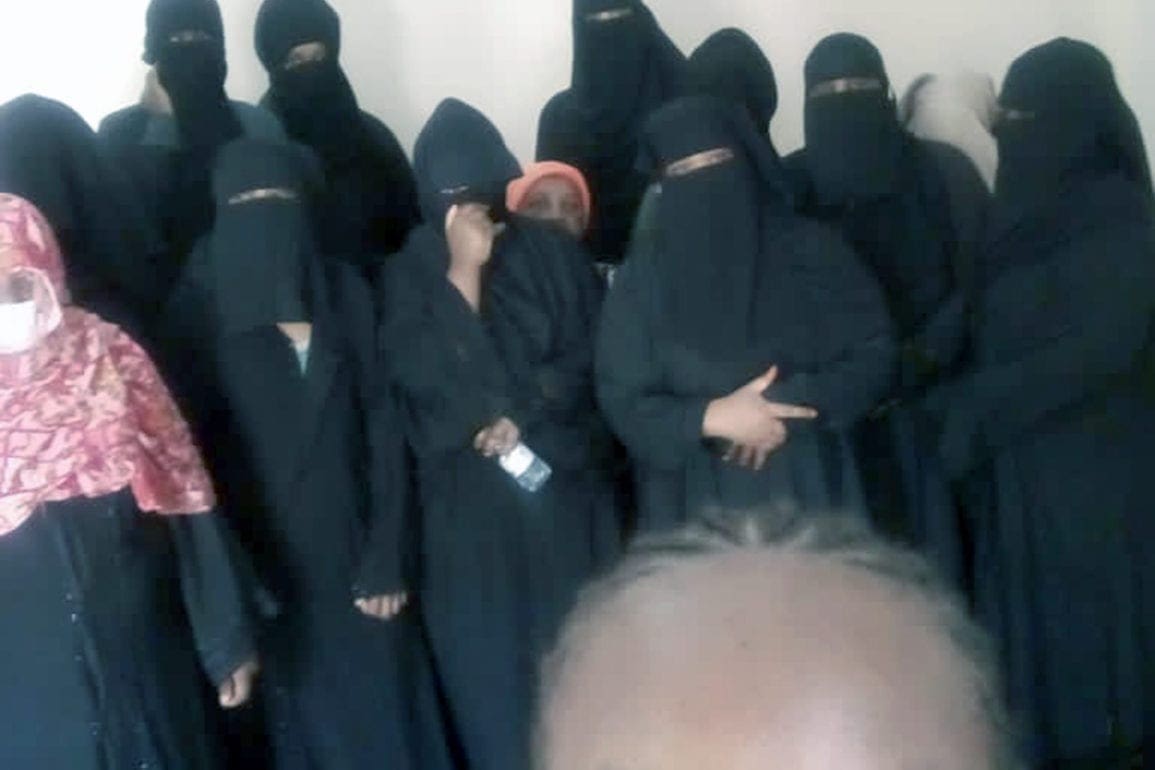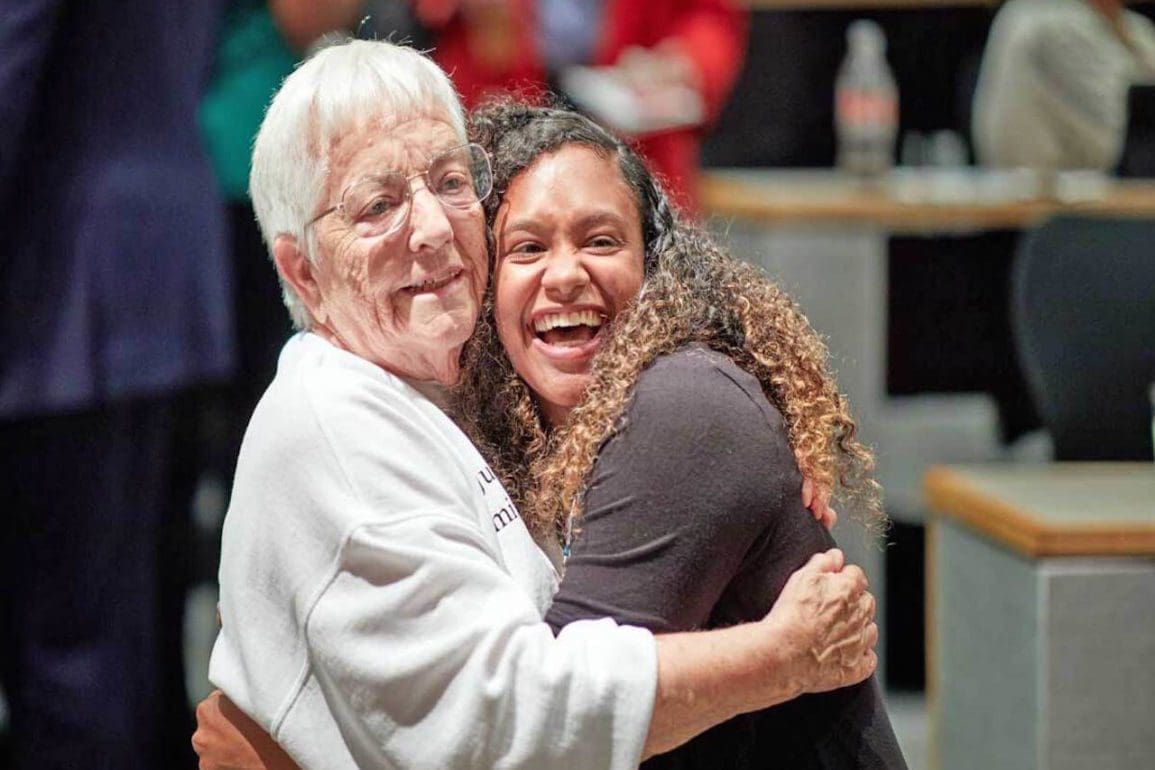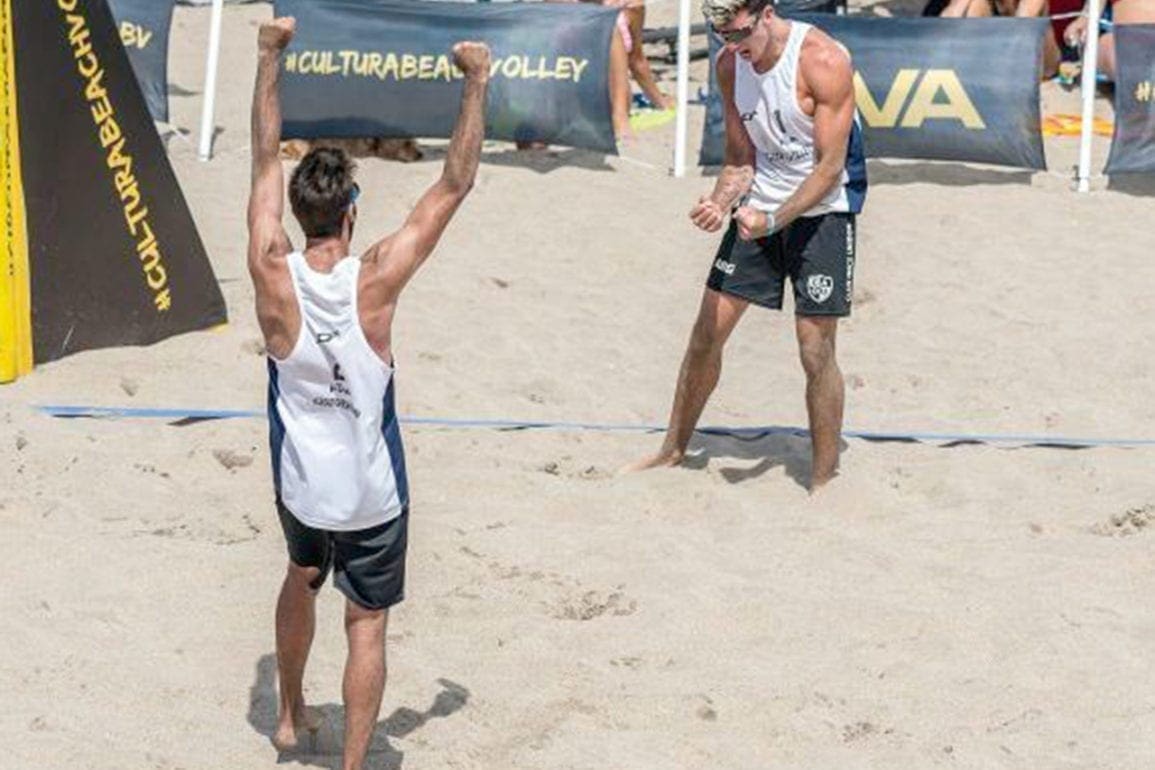Deep-rooted racism, discrimination permeates U.S. military
I was always aware of being a brown officer in a room full of white officers. I always felt like an outsider.
- 5 years ago
August 2, 2021
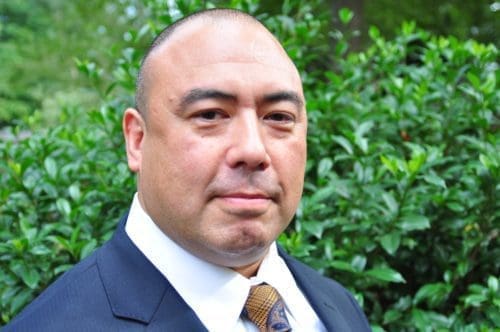
WASHINGTON, D.C — As an infantry officer in the United States Marines, my experience was different than what enlisted soldiers faced. I understood the system in a way that younger Marines with one four-year tour could not.
I know how the Commandant is picked and how Marines are assigned occupational specialties.
Systemic racism operates within the Marine Corps and after 27 years in uniform, I can see that.
Certainly overt, individual racism is present but is not as big a problem as the quiet, systemic racism I saw, which is denied by almost all white Marine policymakers.
I am half Japanese and half white.
I did not endure the racism my black Marine brothers and sisters face. In addition, in the hyper-masculine culture of the Marine Corps, white women were treated worse than I was, as a half-Asian male.
White America categorizes non-whites from most to least threatening.
Least threatening are East Asians who are considered “model minorities.” The most threatening to white culture are African Americans.
Derogatory Name and No Apology
As a first lieutenant in 1994, my battalion commander (a lieutenant colonel) took all the lieutenants on a run prior to the battalion’s deployment to Okinawa, Japan.
We stopped at the halfway point of the run, and the battalion commander gathered us around him to talk about our upcoming deployment.
During his talk, he referred to the Okinawans as “Japs” well over a dozen times. He discussed the “Jap police,” the “Jap government,” and the “Jap people.”
Out of the 24 lieutenants in the battalion, we had one black officer, one full Japanese American, one Hispanic American, and me.
The remainder of the lieutenants (and the battalion’s entire officer population to include captains and majors – 48 total) were all white.
Despite having a lieutenant with a Japanese name, the battalion commander repeatedly used the term “Jap.”
As we gathered to continue our run, I walked up to the battalion commander and said, “If you ever used the term Jap around my mom, I would kill you.”
He looked at me in surprise but never apologized. Later, he ranked me at the bottom of all lieutenants. He scored me 24th out of 24 on my fitness report which is a formal evaluation. He described me as “intransigent,” which means “refusing to agree about something.”
The lieutenant colonel ultimately retired as a 3-star general and was one of six 3-star generals who were in the running to be Commandant of the Marine Corps.
Notably, not one lieutenant said anything to the battalion commander on behalf of the Japanese American lieutenant or me. No one even commented about it.
We Could Never Be Ourselves
I was always aware of being a brown officer in a room full of white officers. I always felt like an outsider. In order to get along and to be included by white officers, I felt like I had to make a compromise.
Often, I would make fun of myself by telling Asian jokes or calling myself a quota. I made it a point not to hang out or be seen with Asian officers in an attempt to fit in with the white crowd.
When people were overtly racist, I would confront them, but I did not see or think about institutional racism until after I retired.
I thought it was more dangerous to be a black person in America, but I only understood it at an intellectual level. I did not feel it viscerally.
The El Paso shooting, in which brown people were hunted down and killed because of the color of their skin, changed that for me. I would like to believe I would have become more vocal even if I was still on active duty, but I will never know.
I retired in 2018, and the shooting occurred in 2019. After that, I realized that one could only be a racist or an anti-racist.
To be a non-racist, as so many Marine officers are, is to allow racism to occur. Being a non-racist is not enough.
I do believe had I been white and not Asian, I might have done better in my career.
Discrimination Permeates The U.S. Military
As a captain, I served as a platoon commander at The Basic School (TBS), where all Marine officers receive their occupational specialties after learning how to be provisional infantry platoon commanders.

Six Marine four-star generals in 2013; the first time in history for the Marine Corps to have that many four-star general officers on active duty at the same time. | Sgt. Mallory VanderSchans
I directly participated in the occupational specialty assignment process four times between 1995 and 1998. The process remains the same today.
Each class is divided into thirds by academic lineal standing from top to bottom.
Available military occupational specialty (MOS) slots, such as logistics, infantry, artillery, or communications, are allocated across the thirds, so each occupational community gets its share of top, middle, and bottom third lieutenants.
During this process, my fellow captains and I would gather in a room as lieutenants entered one by one to pick their desired specialty from what was available.
The choices became more limited as lieutenants neared the bottom of their respective third until only one option remained.
Naturally, the top lieutenants in each third usually got what they wanted. Being the top of the bottom third was better than being the bottom of the top third in this system.
I noticed black officers had higher representation in the bottom third as a percentage of their overall population when compared to white officers.
I also noticed that most of the black officers did not select combat arms specialties (e.g., infantry, artillery, and tanks) and preferred specialties that produced a marketable skill for their post-military careers such as logistics or communications.
Once all lieutenants made their selections, the data was sent to Headquarters for approval. In my experience, the list was always sent back to move more minority officers into combat arms.
This was the first time I became aware of minority quotas, even though I was likely a quota myself as a lieutenant.
Although most of these black officers did not select combat arms, the institution forced them into the infantry, for example, to meet racial quotas.
Putting officers into jobs they do not want purely because of their race is at odds with the noble intentions of that policy.
Barrier To Justice
The military judicial system is a racket. Commanders have too much influence, as illustrated by the push against commanders having power over sexual assault cases.
There are Uniform Code of Military Justice articles, such as “Conduct Unbecoming of an Officer,” that are subjective enough to be applied to hate crimes or prejudiced action.
However, commanding officers don’t go after prejudice or racism even with that catch-all article.
So, having a hate crime charge probably wouldn’t change anything since commanders aren’t going after it now.
The Marine Corps culture is white male culture. The policymakers are all white. The senior officers are predominantly white. All the 3-star generals are white men.
It’s a proven fact that black Marines are sent to trial more often than white Marines for like offenses. Black Marines also receive harsher sentences than white Marines for like offenses.
Too many leaders say, “I don’t see color.” However, by not seeing color, a leader does not think about the experiences minority and women Marines go through in navigating America.
Therefore, they do not have empathy. Therefore, they do not think broadly enough when leading non-white Marines, including during trials.
White Supremacy A Threat To National Security
The greatest threat to national security is domestic racist terrorism. It’s not the Russians. It isn’t the Chinese. Nor is it the Iranians.
Minorities, particularly black and female Marines, get out of the Marine Corps often. They get exhausted being someone other than their true selves to fit in.
I have spoken with dozens of minority Marines, young and old, who told me what exhausts them is the pressure to assimilate to white male culture.
White men are accepted as they are, no matter what their background. White men can speak poor English with incorrect grammar and still make general.
This is not the case for minorities.
African Americans, women, gays, Muslims, and other minorities do not feel welcomed by the Marine Corps. They feel tremendous pressure to recreate themselves in a way that is non-threatening to white male culture.
This pressure to assimilate is what makes The Basic School harder for minorities, and what makes being an officer in the Marine Corps generally more difficult as well.
Until the Marine Corps accepts all cultures as is, what little diversity it attains will never be inclusive, and retention will remain poor.
No Questioning The System
The Marine Corps is made up of classic non-racists who are afraid to think anything other than their hard work, intellect, and talent got them to where they are.
To question the system is to question themselves, so they turn away and do not acknowledge the privilege their whiteness has given them.
The Marine Corps’ warfighting philosophy is aimed at creating environments with which the enemy cannot cope. We do this through tempo and creativity.
Tempo is generated by flattening organizational decision cycles through decentralization so decisions can be made at the lowest level, thus exploiting limited windows of opportunity. Successful decentralization is achieved through familiarity, trust, and intent.
However, if minority officers feel they must be someone they are not, then they will struggle to flatten the decision cycle since they cannot truly be themselves.
The Marine Corps’ warfighting philosophy is brilliant and all the more critical now that our peer competitors have matched America’s technological and industrial capabilities.
The winning discriminator could come down to our superior warfighting philosophy. However, we cannot live our philosophy until we accept the various cultures of all Marines.
Creativity is the analysis of things into their component parts and then the synthesis of those component parts into something new.
If the majority of decision-makers in the Marine Corps are white men, then the Marine Corps is throwing away the natural intellectual resources at its disposal by limiting component parts to those of a narrow segment of the population.
Diverse But Exclusionary
Even with diversity, if minorities feel excluded, then they will not contribute, limiting the component parts with which to create.
Any diversity the Marine Corps attains must be genuinely inclusive. However, the majority of televisions in offices across the Marine Corps broadcast Fox News which, as a person of color, makes me feel excluded.
In addition, command photos almost exclusively depict white men. At the same time, the Marine Corps did not select one single African American to the rank of Brigadier General during its most recent board.
To date, there have only been six black lieutenant generals in the Marine Corps.
Although women make up over fifty percent of the U.S. population, there have only been three female lieutenant generals.
These facts do not make the Marine Corps a welcoming place for anyone other than white men. I have never seen or heard of any white Marine getting forced out of the Marine Corps for extremist views.
In fact, on January 6th, many of the lieutenants at The Basic School were openly sympathetic to the insurrectionists, according to one of my mentees.
The Commandant stated that the Confederate Flag means heritage to many Marines, but that he is outlawing the flag since it is divisive.
He did not outlaw it because it stands for slavery and treason and is therefore wrong.
He also stated during an interview on ABC that the Confederate Flag was hijacked in 2016.
My question is, what did it mean then in 2015? Such statements by the leader of the Marine Corps allow racists to remain and even thrive in the Corps.
What Can Change The System?
Mandating readings on the subject can improve racial and ethnic diversity in the U.S. military. Right now, there is only one book about race on the Commandant’s reading list and none about the struggle of women.
Analyze the fitness report scores of the evaluators and assign a bias score.
The score should be briefed when the writer is up for command selection or promotion, and it should be briefed when the evaluated Marine is up for command selection or promotion for context.
I challenged the Commandant during a National Naval Officers of Association symposium to have the fitness reports he wrote analyzed for bias and to then go on tour with the results on a screen behind him and brief what he learned to the Marine Corps.
The Commandant of the Marine Corps must make unequivocal statements about the unacceptability of racism and must then act on those statements. That has yet to happen.
Prepare lieutenants who have not had the benefit of a white middle-class upbringing for The Basic School so that they can start on an equal footing.
Non-Racist Versus Anti-Racist
I was a part of that racist system as a “non-racist” and therefore complicit. Now I want to be a part of the solution as an “anti-racist.” Merely being non-racist allows the status quo of racist policy.
Borrowing from Ibram X. Kendi, you are either racist or anti-racist. Being anti-racist goes beyond confronting overtly racist acts by racist individuals; it requires recognizing and acting against the subtle, quiet racism of deeply ingrained policy.
The Basic School disavows racism, as it is non-racist. Yet, it falls short of being anti-racist because its policies continue to lead to biased outcomes.
At The Basic School, the standards favor those from white middle- and upper-class culture; that is the way it is.
I am not proposing the Marine Corps change existing norms of speech or lower existing standards. I would suggest that any officers needing a boost enabling them to compete on equal footing should be deliberately prepared by the institution before commencing The Basic School.
Americans of color are dying from COVID-19 at a disproportionate rate to white Americans due to the accumulated effects of institutional racism at the federal and state levels. The racist outcomes of deeply entrenched policy exist in the Marine Corps as well.
I am a Marine in my heart for life, and my criticism comes from a place of love. The Marine Corps should lead the way for our Nation with its ethics and moral courage. Here is an opportunity to do so.
The Marine Corps must act now. In 2045, the population of the United States is projected to be over fifty percent brown and black.
Instead of viewing social justice movements as a threat, the Marine Corps must look at these movements as an opportunity.

